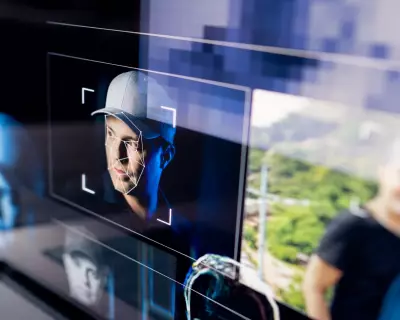
In a phenomenon that has left the world's leading astrophysicists and timekeepers scratching their heads, our planet is continuing to spin at a markedly increased rate throughout 2024. This acceleration is pushing the boundaries of our modern timekeeping systems and challenging long-held assumptions about Earth's rotation.
The intricate dance between official Coordinated Universal Time (UTC)—measured by hyper-accurate atomic clocks—and astronomical time (UT1)—determined by our planet's actual rotation—is falling out of sync. To bridge this growing gap, timekeepers have historically added 'leap seconds' to our clocks. But now, for the first time ever, they are seriously debating the need for a 'negative leap second'—subtracting a second from the global clock.
Why is our planet suddenly in a hurry?
While the change is imperceptible to humans, its implications for technology are profound. The precise synchronization of time is the bedrock of modern life, governing everything from GPS navigation and financial trading markets to power grids and data centre operations. A single second's discrepancy can potentially disrupt these critical systems.
The core reason behind the speed-up remains a topic of intense scientific investigation. Leading theories point to complex dynamics occurring deep within and upon the Earth:
- The Earth's Liquid Core: Shifts and flows in the planet's molten interior can influence its rotational speed.
- Glacial Isostatic Adjustment: The slow rebound of landmasses after the weight of ancient ice sheets melted (a process known as 'post-glacial rebound') can subtly change the planet's shape and thus its spin.
- Seismic Activity & Chandler Wobble: Large earthquakes and changes in the Earth's axis of rotation, called the Chandler Wobble, may also play a significant role.
- Climate Change: The large-scale melting of ice caps and glaciers is redistuting the planet's mass, potentially acting like a figure skater pulling their arms in to spin faster.
A historical first and a technological headache
The concept of removing a second is unprecedented. Meta engineers and other tech giants have long argued against the practice of adding leap seconds, citing the major risks they pose to digital infrastructure. A negative leap second would present a whole new set of challenges for programmers and systems designed to always add time, not take it away.
While the immediate need for a negative leap second is considered unlikely in the very near future, the trend is clear and being closely monitored by international bodies like the International Earth Rotation and Reference Systems Service (IERS). The Earth's unpredictable behaviour means the future of time itself is now a waiting game.





